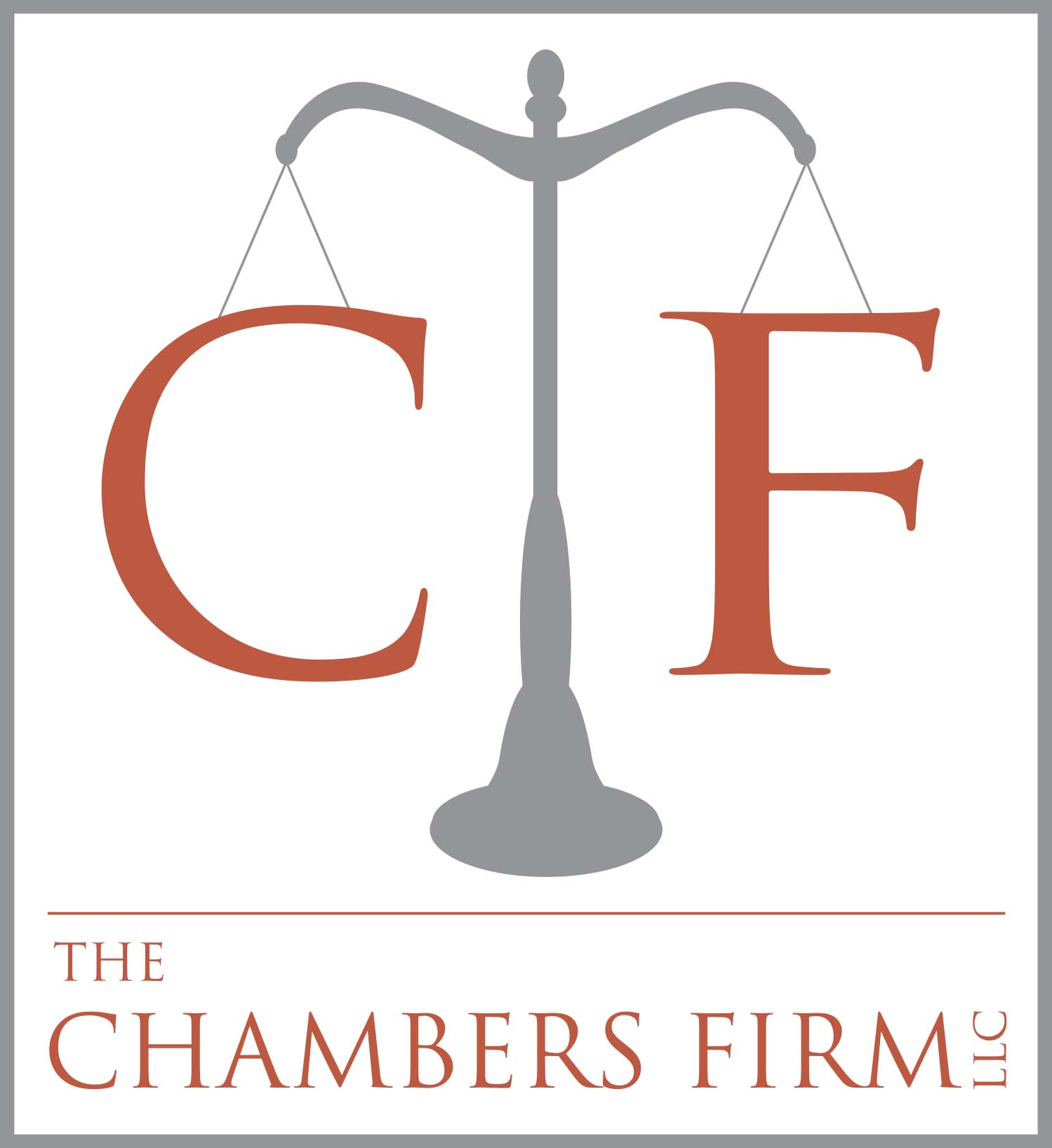In our ever-growing world of social media and email, attorneys must be vigilant in advising clients on the appropriate use, and preservation, of electronic correspondence and social media posts. Because the rules of evidence apply to social media as equally as to other types of documentary evidence, it is important to know how social media can be used to bolster your case, some of the most effective ways to use social media in litigation, and some of the pitfalls to using social media.
How Social Media Can Bolster Your Case
During the jury selection process: A simple “Google” search can yield information on potential jurors that might be helpful to your case.
During trial, after selecting your jury: While many courts still ban live internet research during jury selection, post-selection internet research on jurors who were accepted onto the panel could help inform and refine trial strategy.
During mediation in civil cases or plea negotiations in criminal cases: As you can imagine, effective social media research on the opposing party in a civil case or a complaining witness in a criminal case is an advantage to the party conducting such research.
Effective Ways To Use Social Media
Just Do It (Search!): Over a billion people worldwide now use some form of social media and over a hundred million people in the U.S. use social media. Millions of Facebook, Twitter, and Instagram users have no privacy settings on their page. As a result, social media searches often yield fruitful results. Conducting basic social media searches in most cases is now the rule for attorneys, not the exception.
Think outside the box: Even where an adversary’s social media posts are private, discovering public posts on a page belonging to an associate of the adversary that shows the adversary may be exaggerating or outright lying about their version of the facts of their injury can yield helpful results. Such a post could support a motion to force the adversary to unlock their social media posts and produce them in discovery.
Live Streaming: Many social media sites now allow you to stream live content. Live streaming can capture the immediate aftermath of events and the demeanor of parties and witnesses to an event. Live video of the aftermath of an event is especially effective as it puts the judge and jury at the scene of the incident while the events are playing out.
Pitfalls To Avoid In Using Social Media Evidence
Only Authorized User Permitted: Are you authorized to access the social media evidence you seek to use to bolster your case? Use of an employer’s computer system to access and publish an adversary’s social media posts is fraught with its own problems, more specifically outlined in each employer’s information technology policy. More importantly, the unauthorized access of a social media account likely violates both Federal and Local harassment laws.
Beware of Deep Throat: If you have to tell your attorney “I can’t tell you where or how I got this information…” that’s a pretty good indication that you are in possession of unauthorized social media content. Your attorney is not likely to move forward with the social media evidence where she or he does not know the origin.
Don’t Get Caught In Your Own Snare: You should assume the opposing party in your case has access to all of your social media posts. This is true even if your account settings are set to ‘Private.’ Avoid discussing your case on social media at all costs as this could have adverse effects on your case.
Recently, social media evidence has had a significant impact on litigation and how litigants and attorneys approach cases. Its impact is only likely to increase in the years to come. The attorney you hire should be on the cutting edge of these new and exciting litigation tools in order to further, and protect, your interests.
